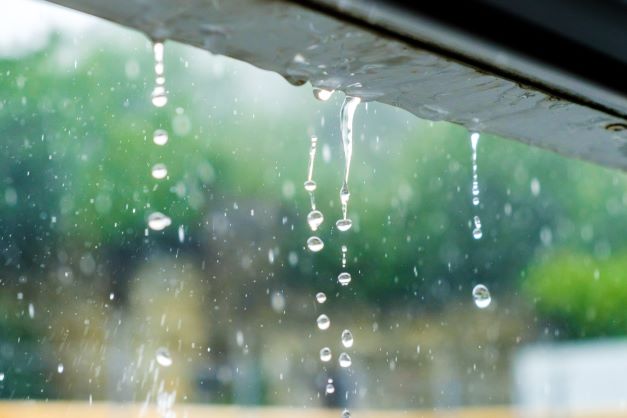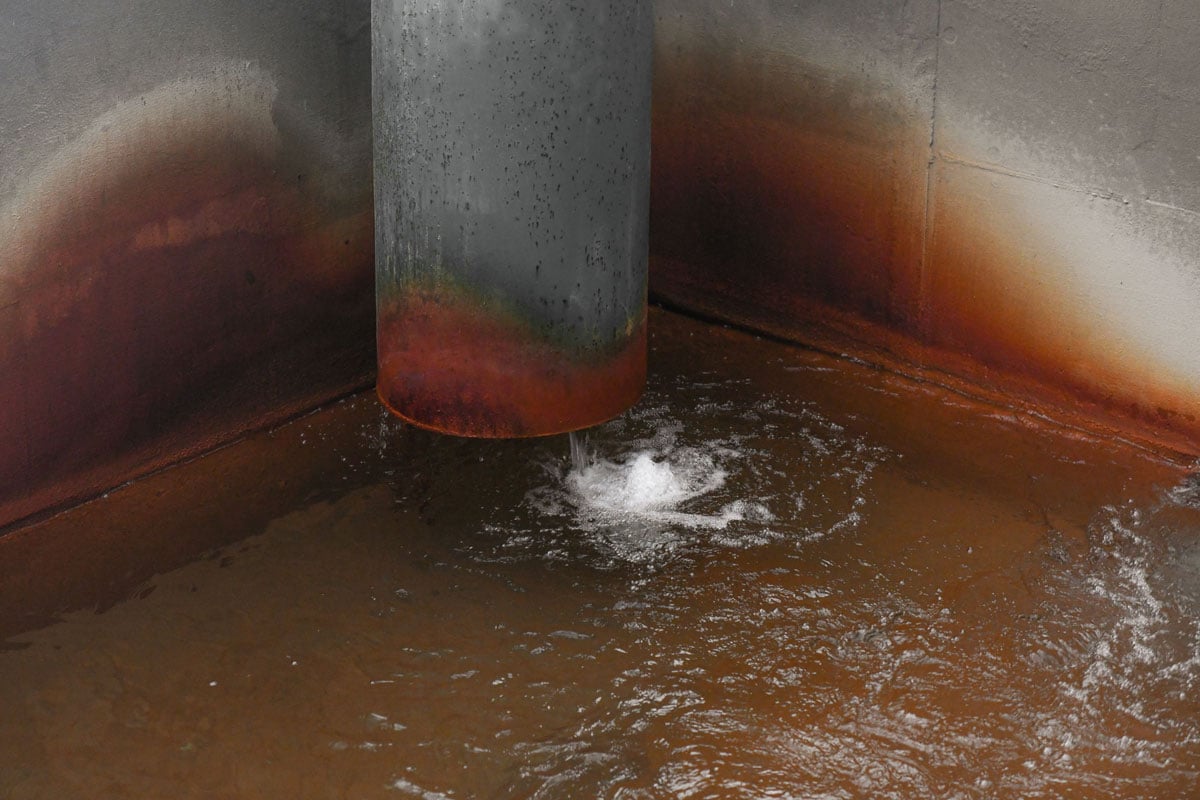Top 5 Reasons For A Flooding Basement

Did you know that about 14,000 people in the United States experience a water damage emergency at home every day? What’s more, approximately 98% of basements in the country will experience flooding at least once during their lifetime. Such a worrying statistic, right?
A flooded basement is every homeowner’s nightmare. It can lead to cracks in your foundation, cause molds in the house, damage your household property, and cause health deterioration. Knowing the common causes of basement floods is the best way to prevent the nightmare from becoming a reality.
This post discusses the five causes of basement floods and how you can best prevent them from happening.
Let’s get started!
What causes basement floods?
Most basements are built partially or fully below underground, making them prone to flooding. Thus, it’s possible to see your basements flooding in rainy and sunny seasons. How is that possible, you’re wondering?
Here are the five common causes of a flooding basement:
1. You house location
One of the most common causes of basement floods is your house’s location. It could be that it was constructed on an unsuitable site that attracts water in the basement.
Location is mostly to blame for basement floods if your house is constructed in one of the following areas:
- Bottom of the hill: Water from around the hill will likely gather in your basement.
- Low grading area: If your house is built on a low point, the slope may lead water to flow towards the house and into your basement.
- Flooding-prone area: If you live near or around a place that experiences floods often, you’re more likely to end up with water in your basement.
If that’s you, you’ll be glad to know that land slopes are targets for the elements and will be leveled by erosion with time. You may also fix the problem by grading the landscape around your home alone or with the help of a landscaper.
To do it yourself, determine how your yard slopes using a string. Measure the ground at your lowest point and up the string to determine the amount of slope you have. Then add compacted soil along the length to level out the slope.
2. Poor drainage system
A weary or improperly installed drainage system may lead to basement flooding. This is especially true if the weeping tile degrades or fails. The weeping tile is a pipe used for underground water collection. It’s usually built under the basement floor, and its primary purpose is to drain water away from your home.
The downspouts in your home may also cause flooding in the basement. The downspouts are designed to carry water from the gutter and direct it away from home. If broken or positioned too close to the wall, the downspout may direct water to your basement.
Ensure that the downspout is placed 5 to 6 feet away from your house’s wall to prevent basement floods. Also, extend the downspout with an outdoor drainage system to discharge water away from your home. You may buy corrugated plastic tubes to extend the downspouts further.
3. Plumbing leaks
Plumbing leaks could lead to floods in your basement. For instance, a burst pipe, a blocked sanitary sewer system, or an overwhelmed sewer line can drain water into your basement.
If a plumbing leak is causing the flooding basement, you’re likely to see large amounts of water in the basement. If the leakage comes from a sewer system, you’re likely to see dirty and smelly water in the basement.
For this kind of problem, there isn’t much you can do to fix it. But a plumbing leak is a serious issue that should be addressed as soon as possible. Thus, if the situation ever happens to your home, contact a local plumber to get it fixed as quickly as possible.
4. Poor weatherproofing
If you live in an area that experiences frequent hurricanes, downpours, or vast amounts of melting snow, you’re likely to experience basement flooding. Water will find its way into the basement through hairline cracks or poorly sealed floors and walls when it rains.
Most homes’ walls, floors, and foundations are waterproofed during construction to avoid leakage and flood. However, the sealants used to waterproof the house may deteriorate, allowing water to leak into the basement.
If you’ve been experiencing floods in your basement whenever there is rain, the chances are that the waterproofing has been compromised. If that’s the case, this might be a good time for you to upgrade your waterproofing.
5. Clogged gutters
Your gutters play a crucial role in your home’s rain management system. They guide the rainwater from the roof into the home’s downspouts and away from the house. But the gutter can easily get clogged with branches, leaves, dust, and other debris, impacting their efficiency.
The debris forming in the gutters can prevent water from draining from the roof, through the downspout, and away from your house. Instead, water is likely to fall down the sides of your home and may leak into your basement.
Clean your gutter regularly (several times a year) and install covers over the tops to reduce the debris that can clog it.
These are some of the most common causes of a flooding basement. Other causes of floods in your basement include:
- Broken sump pump
- Supply line leakage
- Water pooling around the foundation
Regardless of the cause of the basement flooding, you can avoid these floods or reduce their damage.
The bottom line
Basement flooding is any homeowner’s nightmare that may occur during wet and dry weather. It can damage household equipment, cause mold, and lead to health problems. And although no one basement is immune to flooding, understanding what causes basement floods may help you prevent them or reduce their damage. This post provides you with five of the leading causes of basement flooding. It also provides the reader with tips to avoid floods in the basement.
WeDryUSA offers first-class quality water damage services. We can help tackle your flooding basement issues and fix the problem in no time. You may want to talk to one of our experts when you notice basement flooding. We will arrive at your premises as soon as possible to fix the problem and protect your home.


